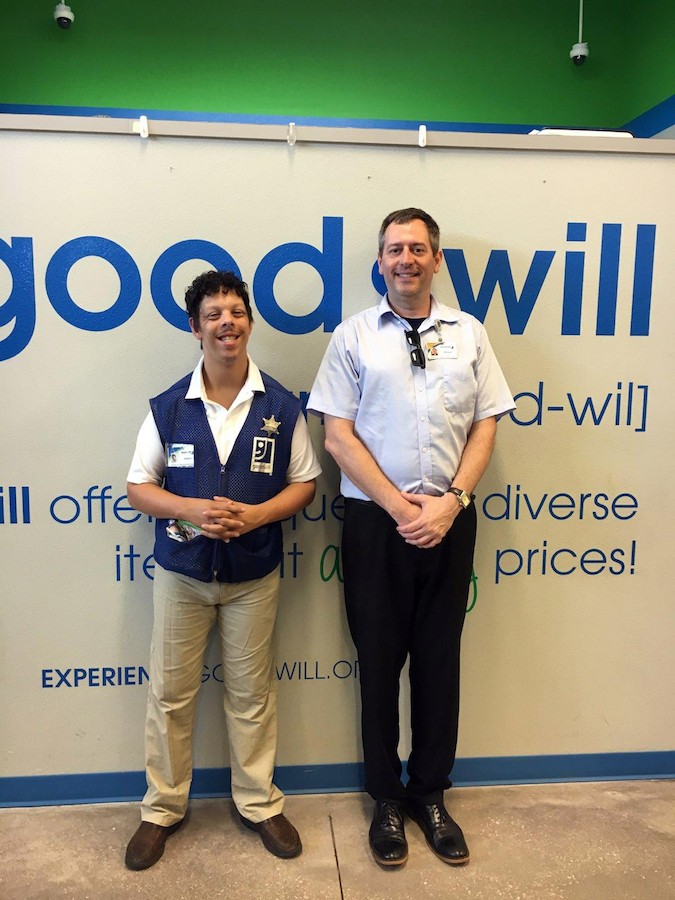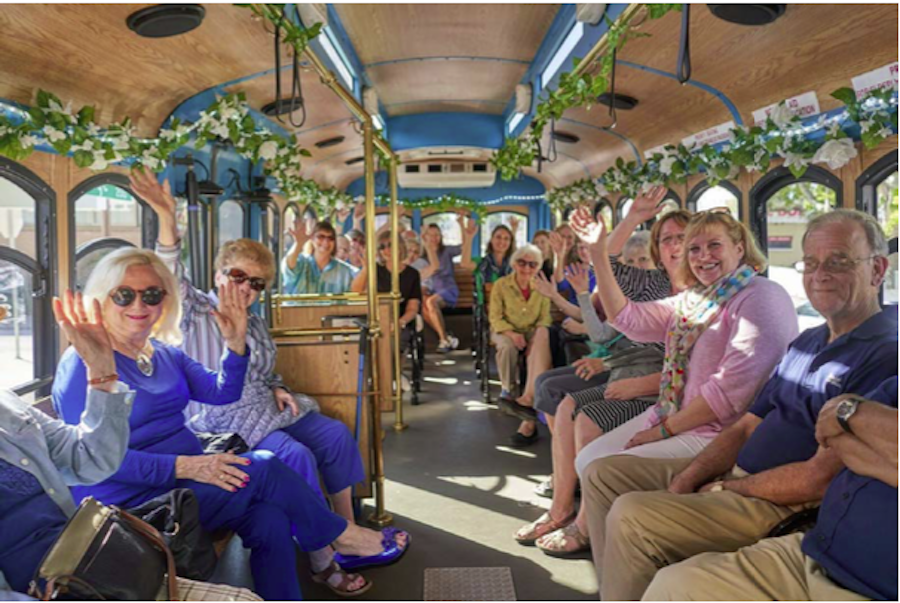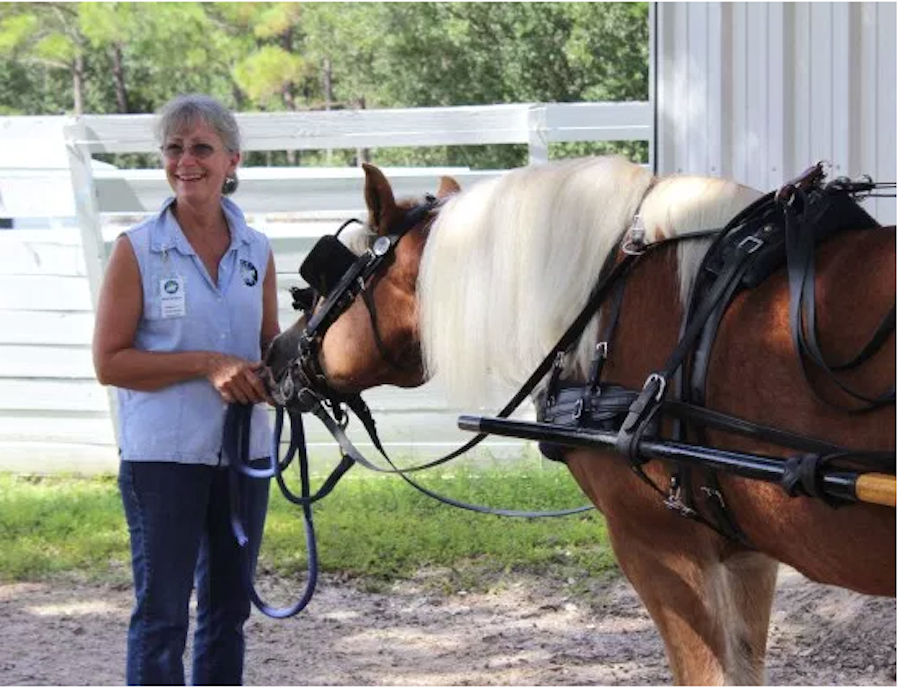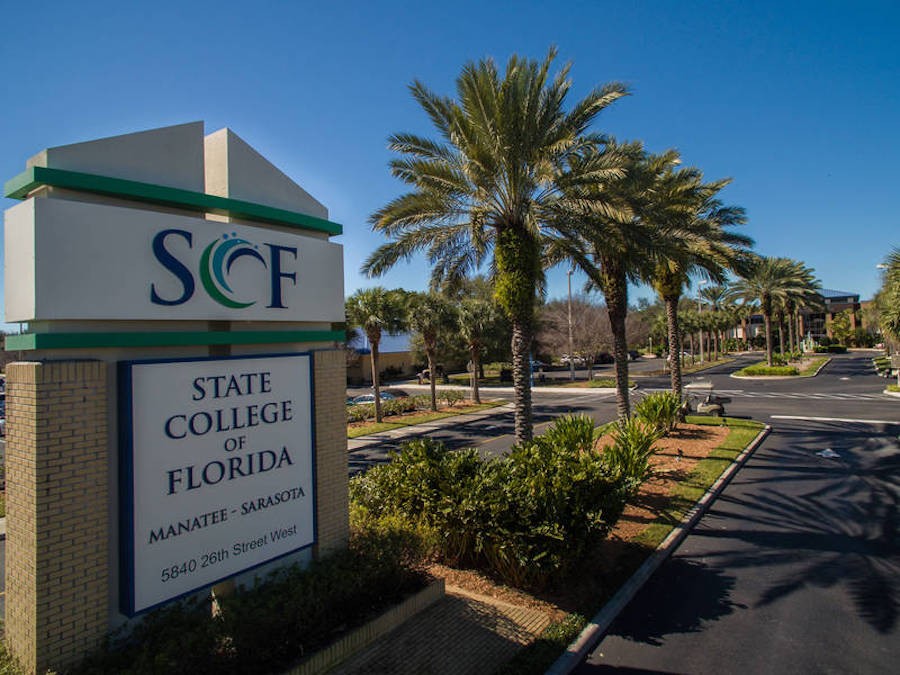SRQ DAILY Feb 17, 2018

"This horrific problem is resulting not only in deaths shattering families, but is also having a chain reaction of epic proportions. "


Lido beach is a major reason people visit and reside in Sarasota. The beauty and accessibility of our beaches is a linchpin of prosperity here in our fair City. According to Sea Grant Florida (a partnership between the National Oceanic & Atmospheric Association, Florida citizens & governments, and the Florida Board of Education), only 20 percent of Sarasota’s sandy beaches are in public ownership, compared to the state average of 40%. Public access to that precious 20 percent is critical to our quality of life and tourism. The City’s plan to lease Lido Beach Pool and Pavilion to a private entity puts that access at risk with a deal that appears to be a foolish giveaway.
The City has been working for five years on a plan to renovate the Lido Beach Pool and Pavilion, the former site of beloved Lido Casino. Estimating that redevelopment will cost $3.2 million, the City issued an Invitation to Negotiate in 2014, inviting interested parties to improve the facility and run a beachfront restaurant. The City currently has $1.25 million put aside to rehab Lido Pavilion.
While citizens were heavily involved in creating the initial plan, their involvement was limited to a few public meetings once the City began negotiating. The City’s Parks and Recreation Advisory Board was never brought in to review and make recommendations regarding the redevelopment lease, despite a City ordinance requiring their participation in development of City parks.
The proposed 30-year lease values the property at $80,000 annual rent in year one, with an extra $10,000 per year until year three, when the rent becomes $100,000 per year or 3.5 percent of gross sales. The 2.5-acre site is 108,900 square feet, with a 200-seat restaurant, 39-seat tiki bar, plus pool, splash pad and cabana seating, and a 28,000-square-foot special events area. This rent for a prime waterfront location has raised eyebrows, particularly since the City did not acquire a professional appraisal of the venue.
Parking is the major problem that will impact beachgoers who travel by car to Lido The parking lot holds 308 spaces. Patrons and staff of the restaurant, bar, pool, cabanas and splash pad will grab most available parking. Add a private special event, and those who are there for the beach will be out of luck.
Other lease elements seem unusual. The lease makes the City responsible for half of the slab plumbing and roof repairs. At year 24, if the lessees want to make further improvements or updates, there is an option to extend the lease to amortize the cost of the new improvements. In this way, the 30-year lease could become much longer. And while the lease specifies that public special events will continue at Lido Beach Pavilion, those events will only continue if they do not pose an “undue hardship” on the lessees. Who defines “undue hardship”? That’s anybody’s guess.
The City Commission will have to approve two major land-use changes for this plan to move forward. Be careful Commissioners. Fleecing the public of beach access with this bad lease may cost all of us dearly.

Who hates leaving middle school?
That’s the somewhat mischievous title of a newly released report on two initiatives that completely transformed Sarasota County’s middle schools over the past eight years. Middle-schoolers—an age group frequently perceived as disengaged and difficult—now love their Sarasota County classrooms and teachers so much, they don’t want to leave after eighth grade.
The report tells a larger story of how investment by the entire community can make a world of difference for our schools and our students, and why we should insist on it. Our teachers now teach better and cover more material, and our students care more and learn better. Those gains are the envy of other communities; Sarasota has welcomed educational leaders from California, Illinois, Maryland and elsewhere who want to see firsthand what we’ve done here. “Our students are experiencing what is unimaginable in like public school systems,” says Karen Rose, executive director middle schools at the district.
What happened?
The revolution has been technological, instructional, and—most significantly—cultural, forever changing the way teachers teach and students learn. First, every middle-school math and science classroom in Sarasota County was overhauled with new technology. Teachers were trained in innovative teaching methods that leveraged that tech and captivated their students. And hundreds of business partners became just that—partners—by sharing real-world experience and opportunities within and beyond school walls.
This science and math transformation was so successful that the Charles & Margery Barancik Foundation doubled down and asked Gulf Coast to partner on applying the model to every social studies and English language arts middle-school classroom too.
The result: millions of dollars were invested in our Sarasota middle-school classrooms, when you tally foundation and individual donor gifts, school district funding, and community partner contributions. The impact, though, is priceless and ongoing. Philanthropy was a catalyst to lift our school district, but the district’s true partnership and the community’s buy-in took us to an unexpected level.
Next month’s referendum on maintaining the 1-mill tax for our school district provides another important opportunity for our entire community to invest in our successful schools and students. The impact of this additional funding is worth your consideration and vote. Our children, our community, and our futures will benefit from this investment.
Dr. Mark S. Pritchett is president/CEO of Gulf Coast Community Foundation. 

The opioid crisis is a problem that we all face. Most people know someone who has been deeply affected as a result of this awful problem. Last year, it got so bad here in Florida, Governor Rick Scott declared a public health state of emergency in order to access federal funding quickly to deal with the problem.
Locally, it is particularly bad on the Suncoast. Manatee County is the epicenter and here in Sarasota we certainly are close behind Manatee. We are third in the state for the highest rate of opioid deaths.
This horrific problem is resulting not only in deaths shattering families, but is also having a chain reaction of epic proportions. It is taxing our foster care system with neglected children who may end up depending on the government for their care their entire childhoods, clogging our emergency rooms and hospitals with overdoses and upending our criminal justice system as we know it as courts and jails are overflowing with crimes as a result of this epidemic.
Alarmed at how this problem is affecting the community and their congregations, in September 2017, local church leaders met in an Opioid Crisis Clergy Conference to better understand the problem. It was a call to action for the clergy. At that conference, they decided to expand their outreach in both partnerships and in education.
The Argus Foundation is proud to be a part of a movement by the faith-based community to have community conversations about this epidemic. The Sarasota Ministerial Association, the Jewish Federation of Sarasota-Manatee, the Diocese of Venice, with Humanity Working to End Genocide in the lead, have planned a family-friendly Opioid Symposium on Sunday, Feb. 25, from 2-3:30pm at St. Martha’s School in Bishop Nevin’s Zazarino Center on Fruitville Road in Sarasota.
Attendees will hear from our medical examiner, a psychiatrist, a drug treatment center executive, and a homeless services non-profit as part of a panel. Recovery faith-based ministry booths will be included in the program. The event is free and open to the public, doors open at 1:30pm.
This is the first step in a process for the community to address this issue. After education, the next step would be to develop a plan that is actionable and to implement it as a collaborative response to this devastating problem.
This partnership and collaboration fits in well with our mission statement and how we approach community problems. The Argus Foundation applies business leadership to identify, educate, advocate, and collaborate on solutions for important community issues that will enhance the quality of life, environment, and economic well-being of Sarasota County. We search for solutions to underlying causes of social, economic, and physical problems of the community. The Argus concern is to understand the underlying nature of problems, and apply private sector experience to public problems. We do not expect to solve problems with quick fixes, but believe in systematic change, persistent attention and time in moving us to a better community.
We are honored to participate in this important program with our clergy who are embracing this very philosophy when approaching this problem. We are grateful to them for their efforts and humbled by their invitation to join this effort. Please attend and be a part of this important movement. This problem will not be solved by government, it will be improved only by unified community efforts.
Christine Robinson is executive director of The Argus Foundation. 

Taking college courses while in high school gives students the opportunity to get experience in college-level courses and save money on their higher education. Dual enrollment programs are excellent opportunities for students to gain confidence and build momentum toward a college degree.
As the region’s leading provider of dual enrollment courses, the State College of Florida, Manatee-Sarasota takes this role very seriously. We are committed to maintaining the integrity of our courses while providing students opportunities that enhance their education while not inhibiting their future access to financial aid.
SCF offers multiple dual enrollment opportunities, including courses on each of its three campuses and in area high schools. We also have an accelerated dual enrollment program on our Venice Campus for 11th and 12th graders that allows students to earn an Associate’s Degree at the same time as their high school diploma.
The greatest benefits of dual enrollment come from taking a class on a college campus, receiving instruction from a professor with expertise in their field and taking part in classroom discussions with students of all ages and backgrounds. Success in this environment while in high school is a great indicator for success when enrolled in a college or university.
Participation in dual enrollment has been shown to increase both high school completion and college enrollment. It also reduces the cost of college and time it takes to complete a degree. Research shows that former dual enrollment students are more likely to enroll full-time in college and perform better while there, earning more credits with better grades than their peers who did not participate in the program in high school.
Dual enrollment courses are free for Florida high school students, which creates a great opportunity for students, but is also an area to be carefully managed. Too much of a good thing can limit access to financial aid later in a student’s education.
SCF is aligning its dual enrollment courses in our local high schools with college general education requirements to help students avoid future issues with federal financial aid. The concern is that students can take too many elective courses or courses that may not apply to the degree program they later select in college.
Federal financial aid guidelines require that all of the courses a student takes must be in their degree program. An Associate of Arts degree allows students to take 36 hours of general education courses and 24 hours of electives. Any courses taken beyond those limits do not qualify for aid. This could cause students to pay out of pocket for courses or take extra courses in college in order to complete their degree.
In our local high schools our solution is to offer general education courses in our dual enrollment program which can be taken without the risk of overlap later in students’ higher education. This creates a balance for our dual enrollment students of allowing them to get some of their general education requirements out of the way while in high school without running the risk of violating federal financial aid coursework compliance guidelines in college.
Students interested in taking dual enrollment courses should talk to their guidance counselor to identify the courses that best fit their future plans. Information about SCF’s dual enrollment/early college program is available at http://www.SCF.edu/StudentServices/EducationalRecords/EarlyCollege.
Dual enrollment offers great opportunities for students to get a jump on their college degree. As the region’s leading provider of dual enrollment courses, we want to ensure that students take courses that positively impact their future.
Dr. Carol Probstfeld is president of State College of Florida, Manatee-Sarasota. 


In a continuing effort to increase employability skills and place more people, particularly those who are unemployed or underemployed in jobs, Goodwill has actively partnered with hundreds of organizations. Through these cooperative efforts, Goodwill is able to provide job skills training, job placement and other community-based services such as career counseling, financial education, résumé preparation and mentoring to veterans, individuals with disabilities, veterans, women who have suffered extreme hardship, and others with barriers to employment. Some of Goodwill's partners include the School House Link program of the Sarasota County YMCA, Replay Outreach, the Division of Blind Services, Easter Seals, Loveland Center, United Cerebral Palsy, Manatee Glens, Turning Points, Jewish Family & Children's Service, Suncoast Partnership to End Homelessness, Hire Heroes USA, CAREmasters, Community Foundation of Sarasota County, Learn to Fish, and Selah Freedom. Additionally last fall, Google.org and Goodwill Industries International announced the launch of the Goodwill Digital Career Accelerator. Funded by a $10 million grant from Google.org and with the assistance of 1,000 Google volunteers, the new Goodwill initiative will enable more than one million people — including people with disabilities and disadvantages, youth, older workers, veterans and military families, and people who are transitioning back into society — to receive digital skills training over the next three years. This training will commence in our area in May. 

All Aboard! Starting February 15 and running every Thursday morning from 10am until 12:00pm through May 3 and then from October 4-December 27, Center for Architecture Sarasota (CFAS) will offer historical architectural trolley tours led by alternating local guides, Harold Bubil and Lorrie Muldowney. Harold Bubil’s tours entitled, "Sarasota's Architectural Gems (Northside)” will focus on architecturally significant buildings in Sarasota’s downtown area. Lorrie Muldowney’s tours will feature key Sarasota historic neighborhoods such as Burns Court, Laurel Park, Rosemary District, and downtown Sarasota. Each tour will take visitors through the colorful history of Sarasota combining interesting anecdotes and information about the world renown architects, neighborhoods and significant developers who created Sarasota’s architectural legacy. Tour size is limited to 30 people and the cost is $35 for CFAS Members and $45 for nonmembers.
To book your tour, go online to cfasrq.org and click on events. For more information, contact CFAS at 941-350-5430. 

SMART is pleased to congratulate Gail Clifton on being honored by the Tampa Bay Lightning as their 291st Community Hero for her work with the SMART organization over the past 20 years. Ms. Clifton and her guests were treated to a Bolts game on December 29, given a special tour of Amalie Arena and the Lightning locker room. Ms. Clifton was presented with a $50,000 grant check by Steve Griggs, CEO of the Lightning and Lightning left winger Chris Kunitz to help fund construction of SMART’s covered arena to provide therapeutic horseback riding and learning activities during inclement weather. “We are all feeling the deepest gratitude to the Lighting Foundation and the Vinik Family Foundation for their fabulous grant of $50,000 – and to Jabil for wining and dining all of us in the Jabil Community Heroes Suite,” said Ms. Clifton. “I feel very lucky to now be a part of the Lightning Community Heroes family – and I’ve always felt very lucky to be a part of the SMART family.” 

State College of Florida, Manatee-Sarasota (SCF) and Leadership Simplified will offer business leaders an opportunity to enhance their skills, expand communication techniques, manage their time and increase effectiveness through a leadership boot camp. Back by popular demand, the boot camp will be offered from 8:30 a.m. to 4 p.m. Feb. 28 at SCF Lakewood Ranch, 7131 Professional Pkwy. E. Doug Van Dyke, CEO of Leadership Simplified, will facilitate the day-long session. Learn about working agreements, priority management, building a powerful day and the art of moving groups. Registration is $299 per person and each participant will receive a copy of Van Dyke’s book “Leadership Simplified - The Field Guide for Savvy Leaders.” 

SRQ DAILY is produced by SRQ | The Magazine. Note: The views and opinions expressed in the Saturday Perspectives Edition and in the Letters department of SRQ DAILY are those of the author(s) and do not imply endorsement by SRQ Media. Senior Editor Jacob Ogles edits the Saturday Perspective Edition, Letters and Guest Contributor columns.In the CocoTele department, SRQ DAILY is providing excerpts from news releases as a public service. Reference to any specific product or entity does not constitute an endorsement or recommendation by SRQ DAILY. The views expressed by individuals are their own and their appearance in this section does not imply an endorsement of them or any entity they represent. For rates on SRQ DAILY banner advertising and sponsored content opportunities, please contact Ashley Ryan Cannon at 941-365-7702 x211 or via email |
Powered by Sarasota Web Design | Unsubscribe













